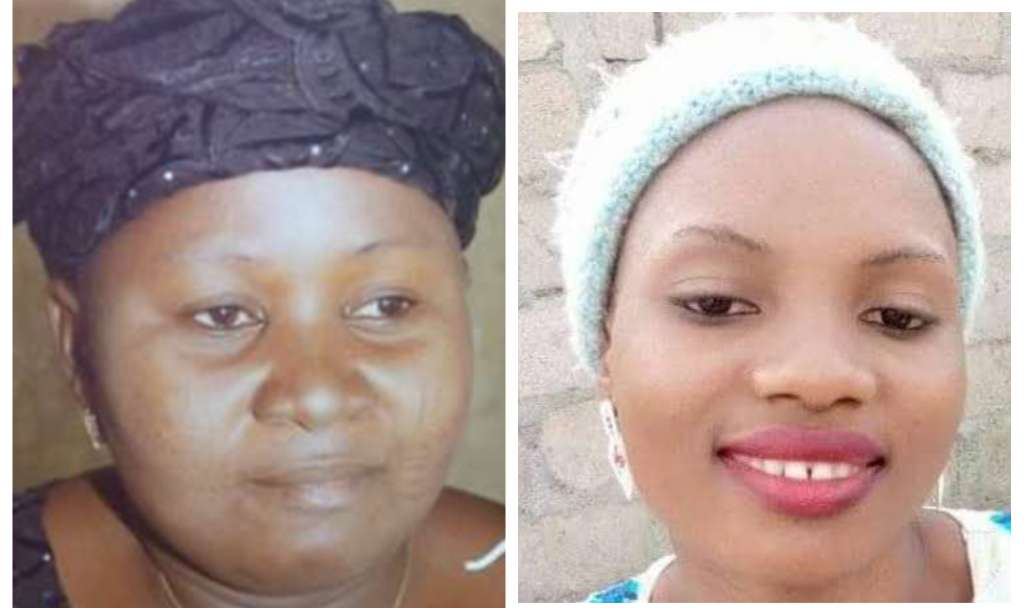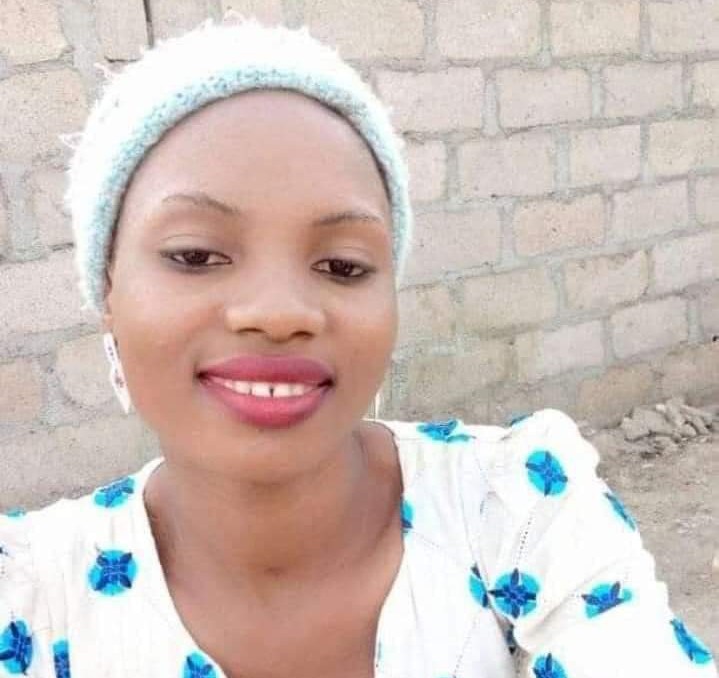Nation
Woman languishes in Bauchi jail for protesting murder of Deborah Samuel

Health care worker, Rhoda Jatau, who has already spent 18 months in detention for protesting the killing of Deborah Samuel Yakubu, a Christian girl by Muslim fanatics in Sokoto, will remain in jail after her no case submission before a High Court in Bauchi State was dismissed on Monday.
This is despite outrage by rights activists and the international community who insist that her incarceration is unjust.
Mrs. Jatau was arrested by the State Security Service in May 2022 after she shared a video that condemned the lynching of Deborah, a Christian college student accused of blasphemy and set ablaze in daylight by Islamic fanatics in Sokoto.
Jatau is facing charges of inciting public disturbance, “exciting contempt of religious creed,” and cyberstalking.
People’s Gazette reports that the prosecution had since closed its case but the defence’s attempt to present its no case argument was repeatedly stymied as the judge defers court dates and the trial experiences a prolonged timeline. The submission was eventually made on October 16 at a hearing witnessed by Ms Jatau’s husband, Ya’u Adamu, and other observers.
Monday’s ruling against the no case submission meant that the court affirms the legal standing of the authorities to argue the charges brought against her even though it is substantiated with scant evidence. In what could mark a predetermined proceeding, the court admitted the interpretation of Jatau sharing of a social media video as offensive to extant laws and her lawyers would now work to prove that her action was justified rather than the initial stance that her action did not constitute the offences alleged.
Her arrest and prolonged detention have raised international concerns with the United Nations and organisations such as Christian Solidarity International expressing worry. They contend that Ms Jatau’s incarceration represents an infringement on her fundamental rights to freedom of expression, religion or belief, People’s Gazette reports.
Many have expressed concern over repeated denial of bail to Jatau. The United Nations and CSI underscore that the denial of bail not only restricts her freedom but also raises questions about the fairness and proportionality of the legal measures taken against her.
Also worrying is the intermittent access to legal counsel that she has experienced since her arrest. International observers emphasise that unrestricted access to legal representation is a cornerstone of a fair and just trial. The limitations imposed on her access to legal advice not only impede her ability to mount a robust defence but also cast a shadow on the integrity of the legal proceedings.
The proceedings against the Christian mother of five are symptomatic of the pervasive religious oppression and violent fanaticism prevalent in northern Nigeria where seemingly innocuous comments and the expression of views that should be constitutionally protected often become the focal point of religious manipulation by extremists. These extremists leverage such instances to orchestrate extrajudicial mob actions against perceived victims.
In instances where mob action falls short of achieving its intended outcome, an insidious alternative is pursued. Long-drawn-out trials, marked by tactical delays and prolonged legal proceedings, become tools to frustrate fair trials of the accused. Many of these cases drag without reaching a conclusive end, leaving victims like Ms Jatau in prison without a pronouncement of guilt. These individuals are compelled to endure protracted periods of uncertainty, further exacerbating the already grave challenges they face.
The spectre of religious fundamentalism in northern Nigeria continues to be a source of worry to observers and experts. The situation at hand is that of a complex social setting where fervent Islamic religious beliefs are at the core of the social value system of a secluded part in a secular state and oftentimes violently agitated. This phenomenon is worsened by challenging socio-economic conditions that provide fertile ground for fanatic ideologies to take root and flourish.
The intersection of politics with religious sentiments adds another layer to this complex dynamic. An illustrative example is the action by prominent opposition figure, Atiku Abubakar, who, in response to social media pressure from fanatics, deleted online comments condemning the killing of Deborah. The fanatics commented that his position on the matter would cause him to lose northern votes.
This pattern underscores what could be interpreted as the political necessity of preserving strains of religious fundamentalism at the expense of social sanity and peaceful coexistence.







